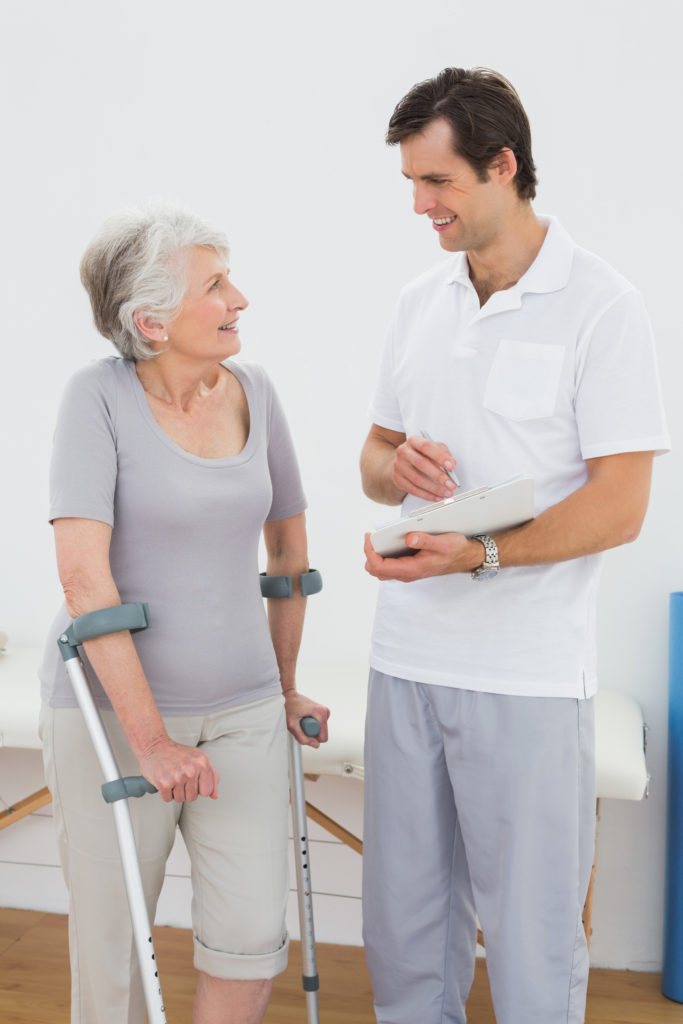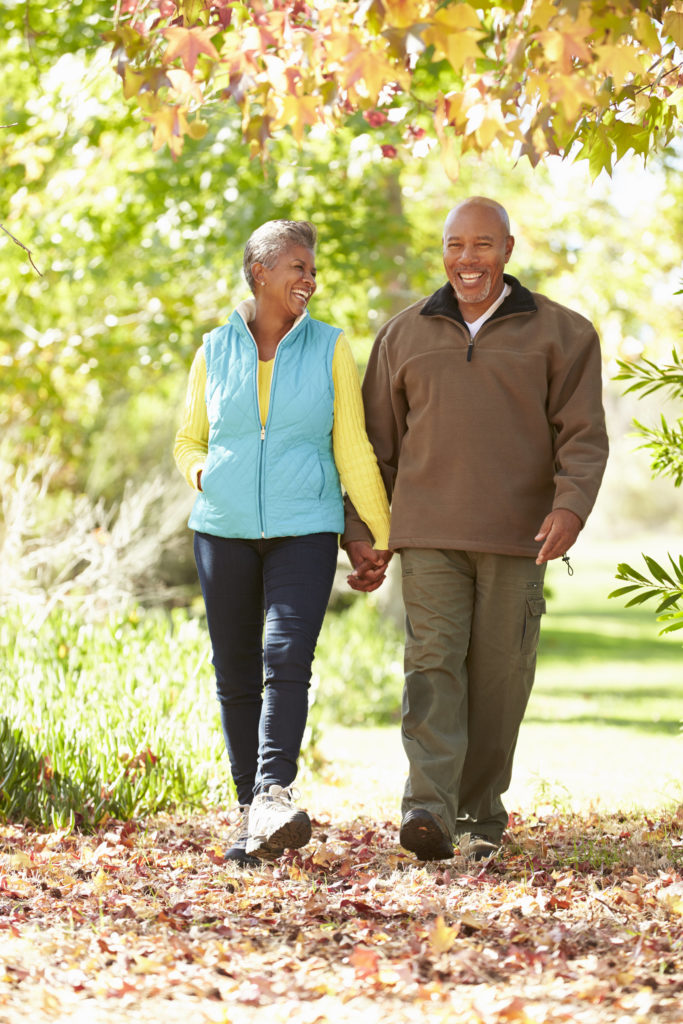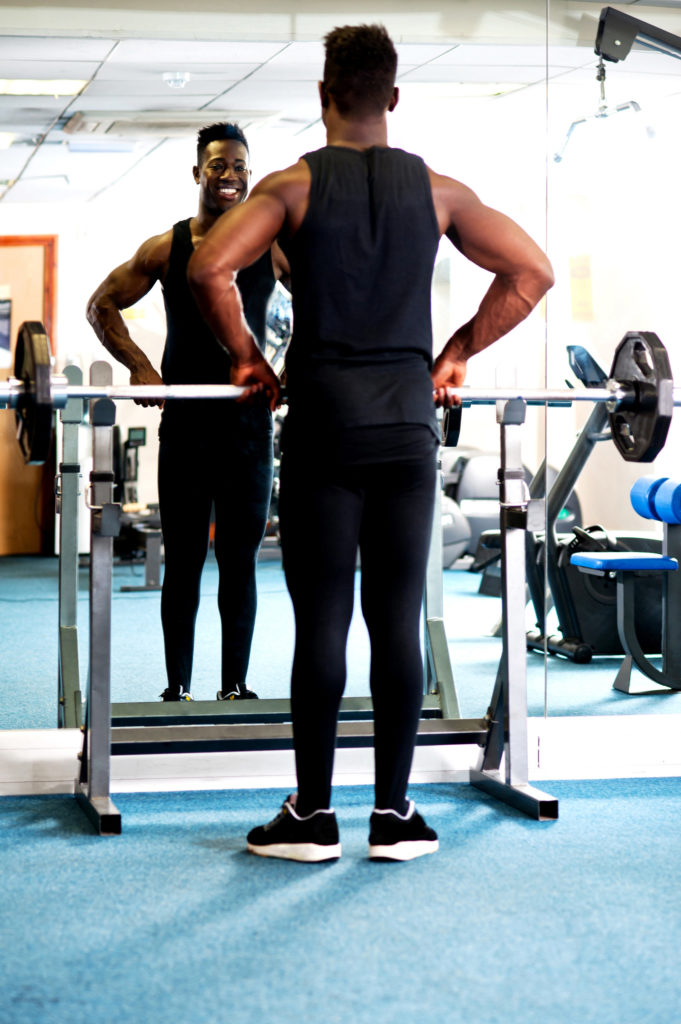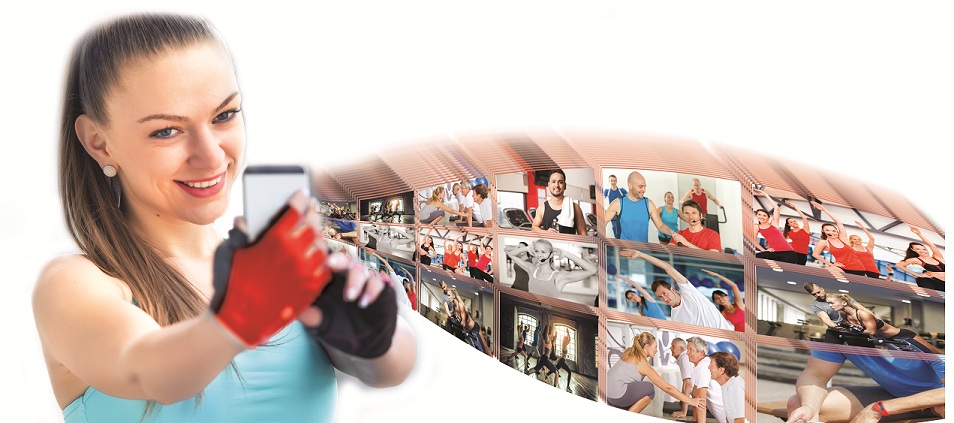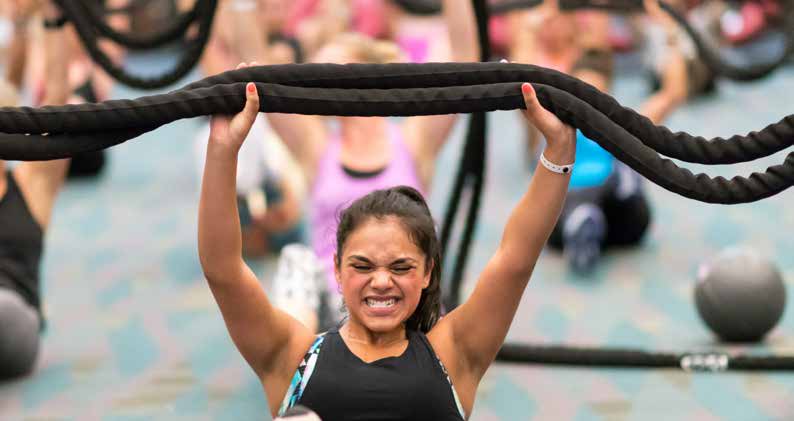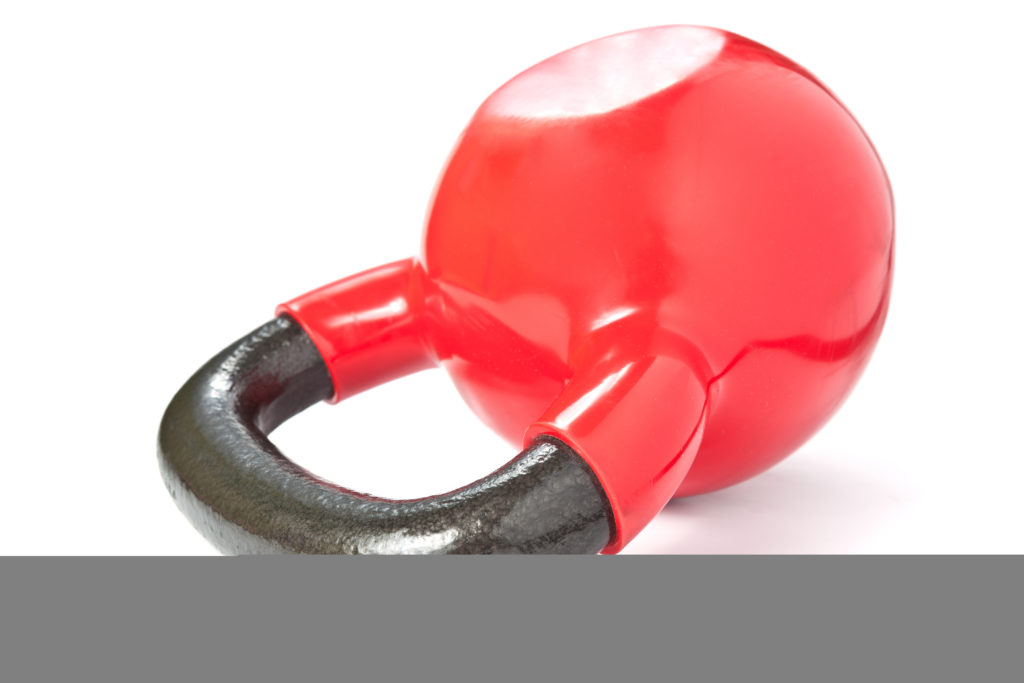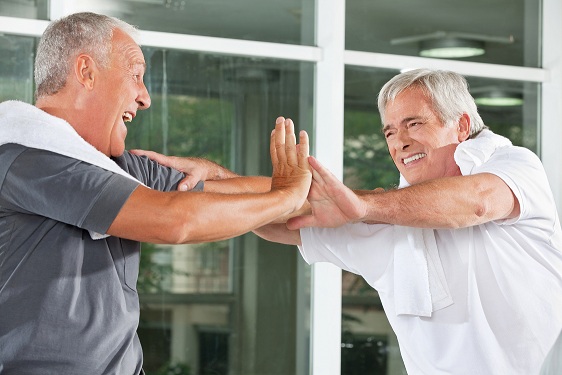Archive for September 2016
The Importance of Wearables, Data and Energy Systems Development
Today’s consumer is at the center of an explosion of wearable devices marketed to those who are trying to meet their health and fitness goals. However, not everyone is using this technology to his or her advantage. Not only can you help your clients understand the benefits of wearable technology; you can also analyze the data for insights into their habits, allowing you to further customize their training.
Read MoreThe Effectiveness of Motivational Interviewing
Many professionals who combine health coaching with fitness training use motivational interviewing, a method intended to stimulate a client’s active problem-solving capacities. The first large randomized clinical trial evaluating the use of MI has now demonstrated its effectiveness in helping patients to change health behaviors in ways that directly resulted in fewer hospitalizations. Mayo Clinic investigators in Rochester, Minnesota, conducted the study to test the feasibility and effectiveness of MI for patients with chronic obstructive pulmonary disease.
Read MoreMindful Eating and Type 2 Diabetes
Practicing mindful eating may boost heart health and improve blood glucose levels more than simply following a healthier eating plan, suggest findings from a study published in Obesity, the scientific journal of The Obesity Society (2016; doi: 10.1002/oby.21396).
Read MoreDoes Wellness Coaching Work?
As wellness coaching continues to gain steam as an avenue for sustainable behavior change, so too does research into the efficacy of this approach.
To understand the impact of wellness coaching on behavior change, scientists from the Mayo Clinic recently facilitated a 12-week, in-person, one-on-one coaching program that included 100 employee members of a worksite wellness center. The vast majority of participants were female (90%) and around age 42. They completed questionnaires on health behaviors, eating self-efficacy and goal-setting skills pre- and postintervention.
How to Help Kids Be More Active
Cedric X. Bryant, PhD, chief science officer at the American Council on Exercise, says today’s youth are largely considered physically “illiterate.” He defines physical literacy as “the ability, confidence and desire to be physically active for life.”
How do you improve a child’s physical literacy? Following are Bryant’s suggestions for inspiring our youth to be active:
Healthy-Weight Adults at Risk for Prediabetes
Yes, looks can be deceiving. And while it’s common to use weight or BMI to estimate a person’s health risks, a report from Annals of Family Medicine (2016; 14 [4], 304–10) suggests with prediabetes it’s important to go deeper.
Read MoreCombat Prediabetes With Moderate Exercise
Researchers from the University of Florida have reported that prediabetes is on the rise. Fortunately, there may be a solution. Another study—this one from Duke Health—examined the effects of different exercise intensities on glucose homeostasis. The good news is it doesn’t have to be “go big or go home” for people to benefit.
Read MoreHow Payment Systems Affect Gym Growth
According to a report from Les Mills, Millennials—born between 1980 and early 2000—are the leading age group for fitness classes and gym workouts and are likely to consider fitness a sport. This group also presents with specific payment-system needs that many fitness facilities may overlook, according to Jami Hughes, director of sales for Forte Payment Systems. She offers these insights on how to accommodate the Millennial market:
Read MoreTuck Tykes in Early to Prevent Future Obesity
Do you let your little ones stay up past 8 p.m.? You may want to rethink that practice, say researchers from The Ohio State University College of Public Health. Preschool-age children who go to bed late are at risk of becoming obese by their teenage years, says a new study.
The report, printed in The Journal of Pediatrics (2016; DOI: http://dx.doi.org/10.1016/j.jpeds.2016.06.005), featured bedtime data on 977 children around 5 years of age, as reported by their mothers in 1991. The most common bedtimes were 8, 8:30 and 9 p.m.; however, the spectrum ranged from 6:45 p.m.
Gender Differences in Body Image Dissatisfaction
Body image dissatisfaction is associated primarily with women. However, a study published in the Australian and New Zealand Journal of Public Health (doi: 10.1111/1753-6405.12538) suggests the condition may also affect men—and may be more psychologically harmful for them than it is for women.
Read MoreHow to Prevent Strokes
According to the World Heart Federation, whose mission is to fight cardiovascular disease worldwide, 15 million people have a stroke each year. That’s equal to the population of Los
Angeles. Six million of them die, and 5 million become permanently disabled. Researchers recently compiled a list of potentially modifiable behaviors that together account for 90.7% of strokes.
2016 IDEA® WORLD CONVENTION
If you ask a fitness professional whether energy is finite or infinite, the answer is clear. It’s infinite, but only if you make the annual trek to the IDEA World Convention. Fitness consumers often marvel at how enthusiastic, inspirational and giving their personal trainers and group fitness instructors are. “How do they do it?” people ask each other in locker rooms across the globe. “Where do they get their energy?” The secret to staying relevant, passionate and educated is to stay connected with other like–minded professionals who are also dedicated to inspiring the world to fitness.
Read MoreChildhood Obesity: An Unhealthy Start
According to the Centers for Disease Control and Prevention, obesity has more than doubled in children and has quadrupled in adolescents over the past 30 years. It now affects 1 in 6 children and adolescents in the United States. This early onset may put children on a life path littered with health troubles. The more educated fitness professionals are about the potential negative outcomes of childhood obesity, the better equipped they are to help.
Read MoreUsing Live Video to Promote Your Services
There's yet another new way to market health and fitness to the masses through social media and mobile apps: live video. With its popularity growing at a rapid pace, live video may become a more dominant part of the social and mobile landscape sooner than you expect.
It would be smart to get on top of this trend now, if you haven't already.
Lifestyle Medicine Is a Team Sport
Elizabeth (Liz) Joy, MD, MPH, FACSM, is the medical director for community health and clinical nutrition at Intermountain Healthcare in Salt Lake City. Dr. Joy practices family medicine and sports medicine at the LiVe Well Center at Salt Lake Clinic. She is an adjunct professor at the University of Utah in the department of family and preventive medicine. She completed a family medicine residency and primary care sports medicine fellowship at Hennepin County Medical Center in Minneapolis and earned her master's degree in public health at the University of Utah.
Read MoreGratitude for 2016 IDEA® World Convention
On the plane ride home from IDEA World, I reflected on all that transpired during the convention and realized just how precious, inspiring and uplifting life can be. Although IDEA World re–energizes me every year, this year proved just how incredibly connected we are despite the miles that are between us. The support for one another and the genuine love that is evident with every smile and hug often prove that words are not needed. What an incredible fitness family we are.
Read MoreCreative Ideas That Inspire
The Hotel del Coronado in Coronado, California, is making a splash in aquatics with Mermaid Fitness. This offering is conducted at the hotel's pool, where participants don colorful mermaid tails. The 45-minute class, open to both the public and hotel guests, is a "fusion of swimming, core, cardio and strength training set to upbeat music," according to the website.
Read MoreHighlighting Positive Change
When I teach older adults, I want them to feel better after they exercise than they did beforehand. A tool I use to measure this is the Exercise-Induced Feeling Inventory (EFI). The EFI is a subjective measurement scale that assesses how a person feels at any point during physical activity (Gavin & Rejeski 1993). The EFI can highlight and reinforce the immediate positive changes participants receive as a result of attending your well–designed and skillfully instructed class!
Read MoreLocal Classes, Global Impact
If you're like most group exercise instructors, you enjoy helping people live healthy, happy lives. It's likely that your influence extends beyond the group exercise studio and into the daily lives of participants and their families. What if your reach extended even further? You don't need a passport to make a global impact; all it takes is a little commitment, organization and drive to engage your students on a journey that touches people all over the world.
Read More“How do you answer awkward or hard-to-answer questions such as, ‘How do I get a six-pack?’ or ‘You’re a personal trainer; is that why you’re in such good shape?’”?
When I disclose that I'm a personal trainer, I fairly often get comments about my appearance. I am tall and slender and look athletic, and people ask whether they will look like me if they have me as a personal trainer.
I tend to look at comments like that as conversation starters, and I almost always give a humorous response such as, "Yes, you will look like me. We need to fix your height, but for that I can put you on a rack.

